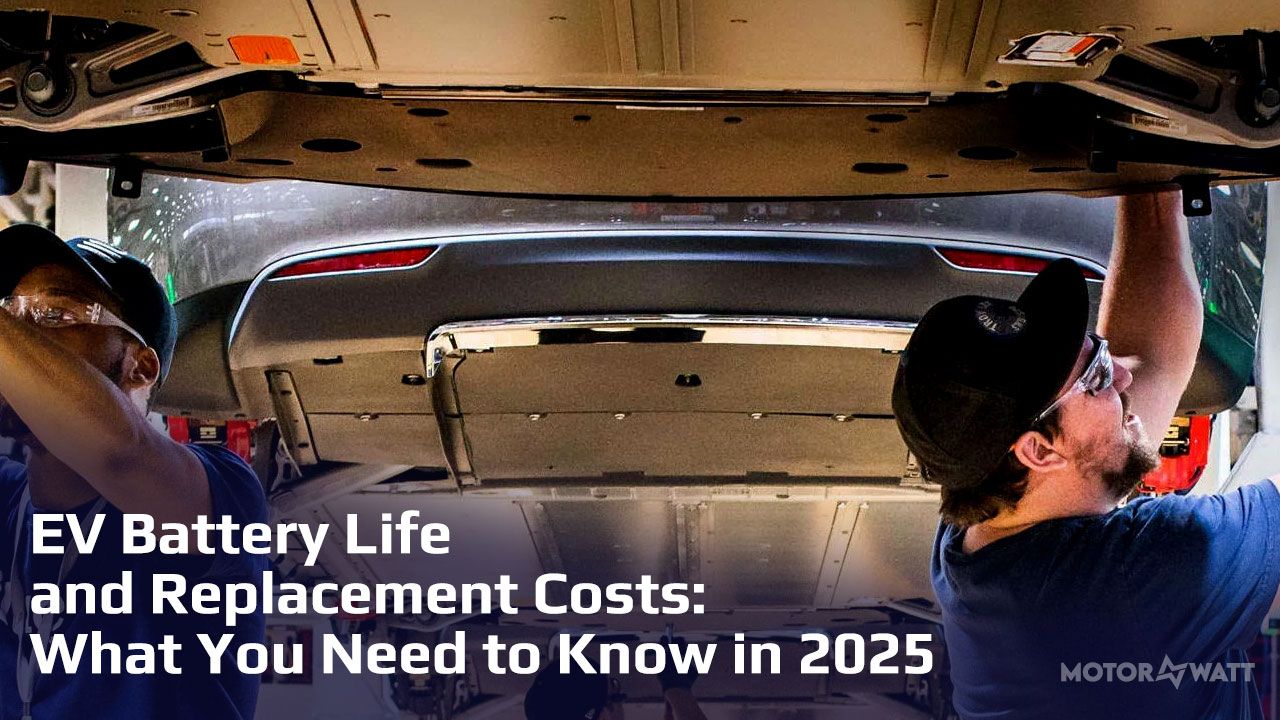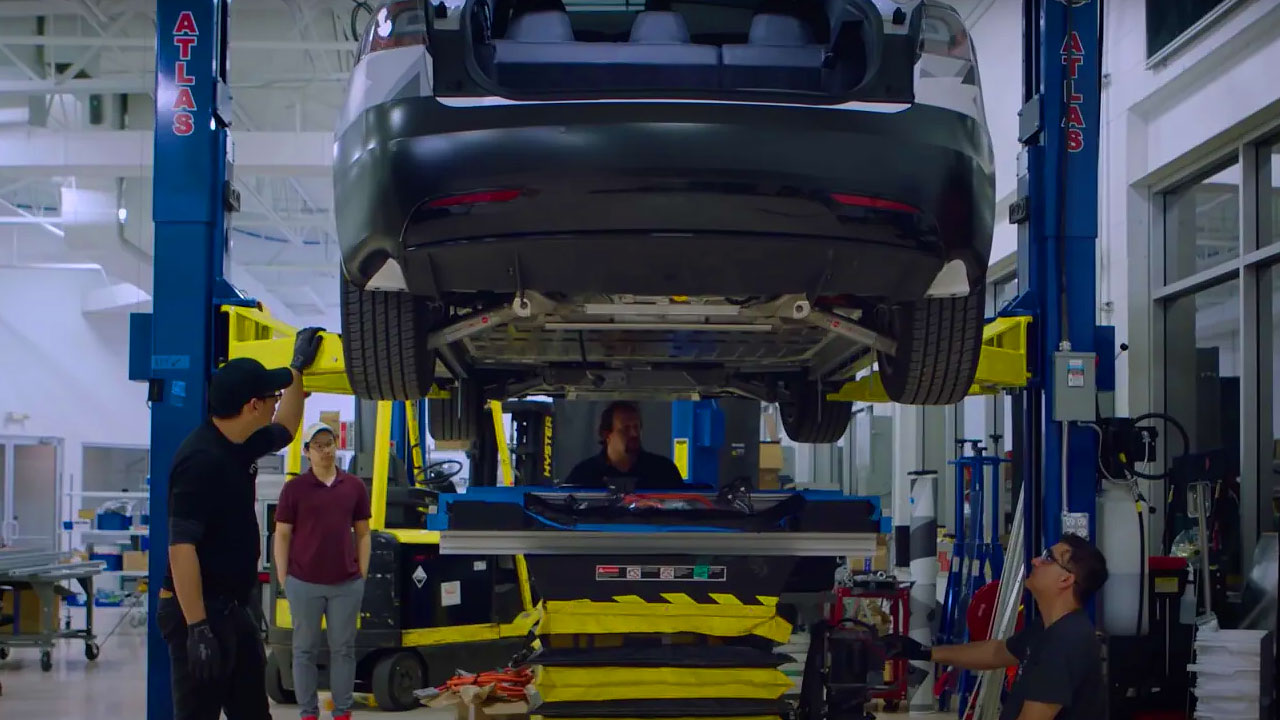EV Battery Life and Replacement Costs: What You Need to Know in 2025
Share this article in Social Media:

EV batteries typically last 12–15 years in moderate climates and 8–12 in extreme ones. Most degrade 1.8–2.3% per year, with newer models showing better durability. Replacement costs vary from $2,500 to $20,000, but most are under warranty. Smart charging habits can extend lifespan.
How Long Do EV Batteries Really Last?
Ask anyone shopping for an EV and you'll hear the same concern: “How long before the battery gives out?” It’s a fair question considering the battery makes up nearly 40% of an EV’s total price tag. Thankfully, things have come a long way since the early Leaf days. Today’s electric vehicle batteries can often outlive the car they power—seriously.
According to the U.S. Department of Energy, EV batteries typically last between 12 and 15 years in temperate zones and 8 to 12 years in areas with extreme heat or cold. Why the gap? Blame temperature swings. Lithium-ion cells are drama queens when it comes to climate—hot weather speeds up chemical breakdown, while cold weather hinders charging and performance. Just ask anyone in Phoenix or Oslo.
Understanding Battery Degradation and Why It Matters
Two words: capacity loss. EV batteries wear out in two ways—cycling capacity loss (the kind from charging and discharging repeatedly) and calendar capacity loss (the kind that happens with age, especially if you leave the thing fully charged all the time).
The good news? Modern EVs are aging gracefully. On average, batteries degrade just 1.8–2.3% per year. Thanks to smarter battery management systems (BMS) and thermal controls, newer models—post-2016—are holding up better than ever. Keep your state of charge between 20% and 80%, limit fast charging, and avoid temperature extremes, and your battery might just celebrate a 20th birthday.
Replacement Costs: Still Scary, But Rare
Sure, headlines about $20,000 battery swaps grab attention, but real-world data paints a far less terrifying picture. Recurrent Auto’s research shows only 1.5% of EVs need battery replacements—and that drops to just 0.5% in models built after 2016. Most replacements happen under warranty anyway.
In the U.S., federal law requires 8 years or 100,000 miles of battery warranty. Tesla steps it up to 150,000 miles, and California mandates 10 years or 150,000 miles. Even out-of-pocket costs vary wildly—from $2,500 for smaller battery packs to north of $20,000 for large-format ones in high-end Teslas. Chevy and BMW take a modular route, swapping only faulty modules instead of the whole pack—something that can save thousands.

Battery Management: Tips That Make a Difference
If you want your battery to last, think of it like a smartphone with a massive price tag. Don’t charge it to 100% unless you’re heading out on a long trip. Don’t let it drain to zero. Avoid sitting on a DC fast charger more than necessary. And if you live in a place with weather swings? Park in a garage.
Newer BMS systems help automate a lot of this. Many now actively limit charging above 80% unless specifically instructed otherwise. Geotab’s analysis of 10,000 vehicles backs this up: owners who followed simple practices like limited fast charging and avoiding temp extremes saw their batteries last 15–20 years—yes, longer than the car itself in some cases.
Warranty Coverage and What It Really Means
Most EVs come with solid battery coverage. The baseline is 8 years or 100,000 miles with at least 70% capacity retention. Tesla goes up to 150,000 miles, and in states like California, regulations push that to a 10-year/150,000-mile requirement.
Worried about replacements after warranty? Recurrent Auto data says not to panic. Most batteries hold 80–90% of capacity even after 100,000–200,000 miles. Plus, battery failures aren’t just rare—they’re dropping year by year, especially with the latest battery chemistry tweaks and thermal protection systems.
Cost Trends and What’s on the Horizon
Here’s the real kicker—battery prices have fallen off a cliff. Since 2010, BloombergNEF reports an 89% drop in per-kWh costs. That’s why we’re seeing more EVs at $30K (€28,000) and fewer scary price tags tied to range upgrades. Tesla and others are chasing the holy grail: the million-mile battery. If they get it right, the resale value of EVs could rival—or even beat—gas cars in the long run.
Meanwhile, modular pack designs, second-life applications, and better recycling methods are all pushing the cost curve in the right direction. Need a new battery? In a few years, it might be no more stressful than replacing a transmission—or even tires, if trends continue.


